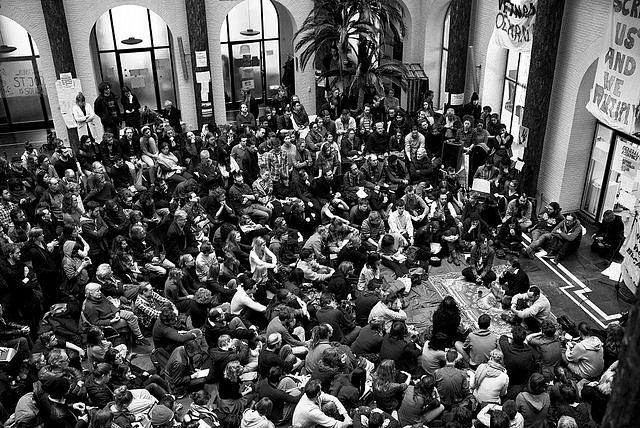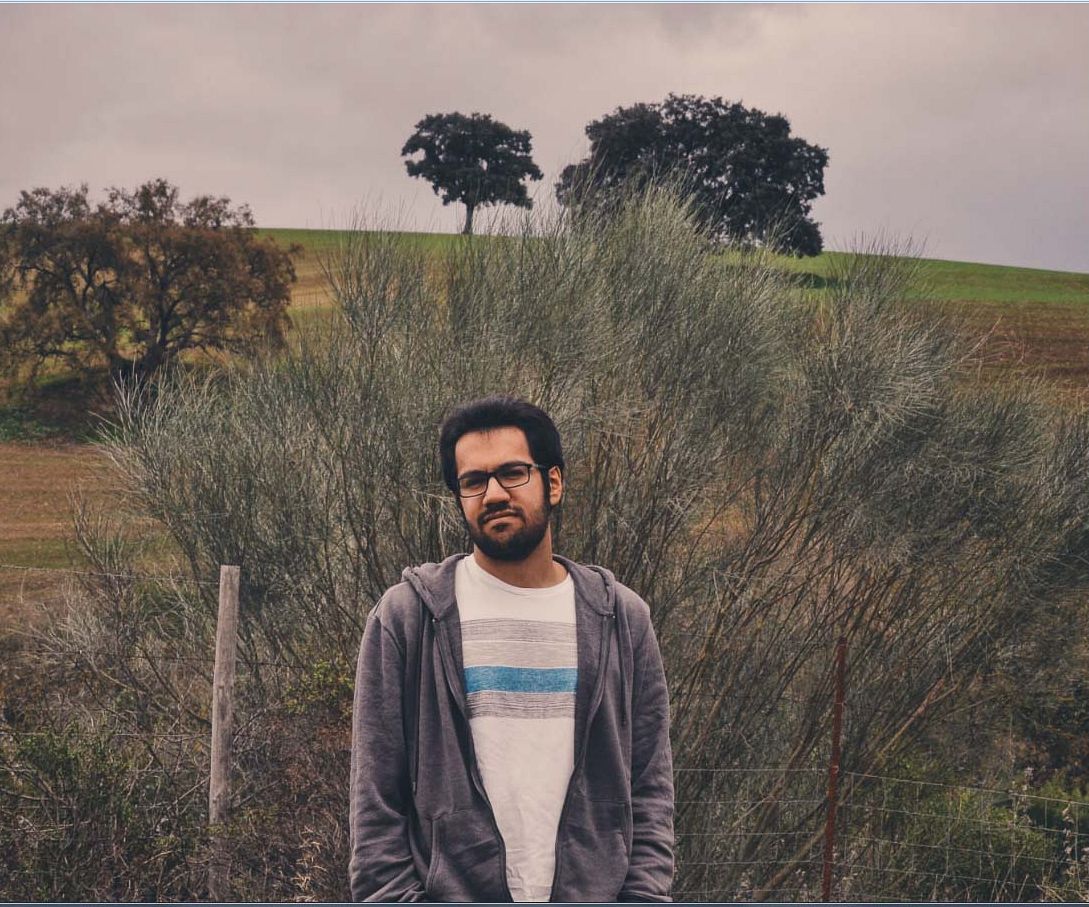PHD student Ali Haseltalab believes that TU Delft fails in offering most of the attributes inherent to a university. Why is he worried?
"As the fame and international acclaim of TU Delft suggest, I assumed that I was about to enter a 'university' which, in the metrics of modernity, would be a semi-Utopia where knowledge is created and questioned."
Where is the Life we have lost in living?
Where is the wisdom we have lost in knowledge?
Where is the knowledge we have lost in information?
Choruses from the rock – T. S. Eliot
“Invitation to a Beheading” (a masterpiece by the Russian-American novelist Vladimir Nabokov) narrates the story of a convict which begins with the passing of the sentence on his unknown crime, whispered in his ear. It’s the death penalty! The convict is taken to his jail cell where pencils and blank sheets of paper await him on the table. Soon after his arrival at prison, the prison head loudly reads him an official and appreciative welcome oration, and soon afterwards, the warden invites him to dance the waltz. They dance throughout the hallways. A surreal occasion with strange happenings; an outlandish jail full of hedonism, fake scenery, absurd and banal rules to carve and reshape the identity of the convict. Indeed, a didactic system has been established in the prison which aims to de-identify the detainees. As the story moves forward, it gradually becomes clear as to the nature of the crime. The convict seems different because of his independent and non-transparent character and critical personal views.
‘A university should develop concerned souls’

Around two years ago, I joined TU Delft as a PhD student/employee. Before starting at the university, I already knew that TU Delft is one of the best technical universities around the globe and is recognised by the Times Higher Education and the Quacquarelli Symonds ranking as one of the top 20 technical universities in the world. As the fame and international acclaim suggest, I assumed that I was about to enter a ‘university’ which, in the metrics of modernity, would be a semi-Utopia where knowledge is created and questioned; critical views are established; elite minds are educated; concerned souls are developed; and the seeds of wisdom and Logos are sowed.
Such a communal place should have several attributes: from numerous quality cultural and artistic events to talks, speeches and debates by great intellectuals and scientists on global issues; from possessing close ties with its surrounding society to the existence of circuits of critical thought and so on. A university questions the ways that institutions and mechanisms limit human freedom (in its general sense) and demands alternatives. It is a deliberative democracy, which has its roots in its encompassing society and engages in direct conversation with its surrounding public about numerous existing issues.
And now, after two years of study and work at TU Delft, I do believe that TU Delft fails in offering most of the attributes inherent to a university.
Disappointing
One of the first encounters which led me to draw this conclusion happened last year when Delta started to conduct some interviews with employees, researchers and students on global issues such as global warming and the problem of refugees. To me, as an observer, the result was disappointing since one could clearly see our low level of in-depth knowledge on some of the most important world issues, and how the solutions that we came up with reflect our shallow understanding of the world’s mechanisms.
Another visible sign can be found in most of the PhD theses, normally in the propositions numbered 4 to 10 which are not about the thesis content but can be about anything. Bearing in mind that the PhDs are supposed to be the most erudite graduates of the university, it can be concluded from examining the propositions how unsatisfactory our performance is in developing and building critical and knowledgeable minds.
The propositions in most of the theses are either about very shallow facts in everyday life, superficial conclusions about life experiences, or repetitions of simple statements of writers or philosophers. There are few constructive, critical and in-depth statements regarding serious matters of concern to society, the university or at the global level; few statements resulting from serious confrontation with and hours of thinking and studying about the issue being addressed.
Corporatisation of university
But there are also several more fundamental problems, such as the futile approach towards ethics in science and education; the commodification of knowledge production and transfer as well as education; the corporatisation of the university; the shortage in the production of reflexive knowledge; the inclination of the student associations towards hedonist rather than critical activities; the detachment of student associations from the public as well as issues in Dutch society, and so on.
This series of articles will give a critical analysis – with philosophical and sociological discussion – of the issue of educating the minds at TU Delft. It will enumerate some significant reasons to justify the claim made above, that is: deviation from educating critical and knowledgeable minds. To me, building critical and knowledgeable minds is the obligation of a university in the modern era.
Since two years, Ali Haseltalab is a PHD student at 3mE, researching “Distributed Control for smart hybrid ship systems”. He and his collaegues intend to design feasible algorithms for motion control and on-board power management of autonomous hybrid-electric ships. Haseltalab did his bachelors at the University of Tabriz in Iran, and his masters at Bogazici University in Turkey.



Comments are closed.